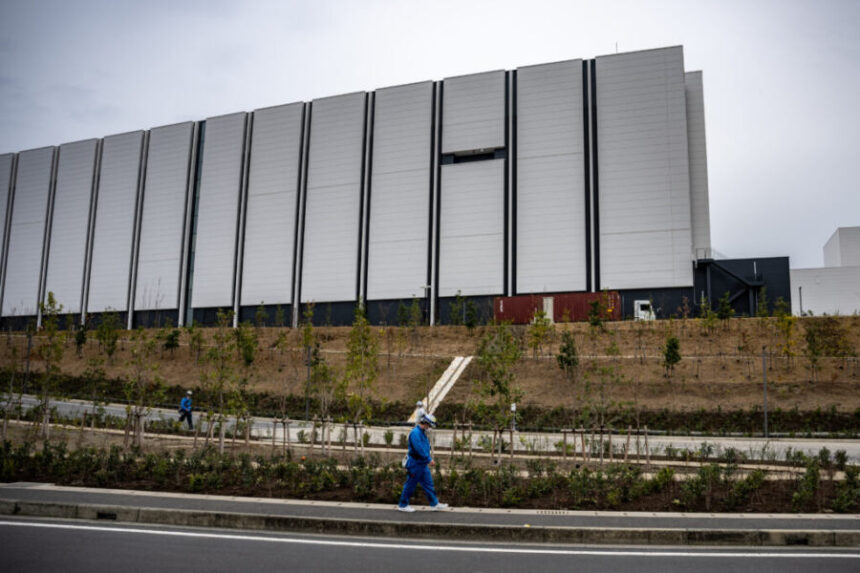Japan envisages the need for electricity output to rise 35% to 50% by 2050 due to growing demand from semiconductor plants and data centres backing artificial intelligence (AI), the government has forecast.
Power output should grow from 1 trillion kilowatt-hours (kWh) projected for the current decade to about 1.35-1.5 trillion kWh in 2050 to meet demand as Japan sets up more data centres, chip factories and other energy-consuming businesses, the government said in a document published late on Monday.

The increase in demand would be the first in 20 years and requires large-scale investments in power sources, the document said.
Unless Japan increases renewable energy output, stable supply of power could be uncertain, the government said, as it began mapping out a new strategy on decarbonisation and industrial policy by 2040 which it plans to finalise by the end of March.
Japan, which relies heavily on the Middle East for fossil fuel supplies, last year passed a law aimed at promoting decarbonisation investments totalling more than 150 trillion yen ($962 billion) in the public and private sectors over 10 years.
Բաժանորդագրվեք մեր ալիքին Telegram-ում







